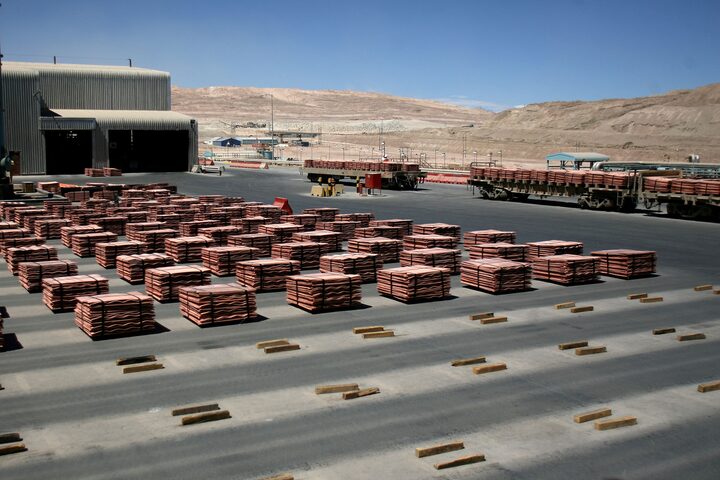The United States’ recent investigation into copper imports from Chile, Canada, and Peru has ignited significant concern among its closest trading partners. The probe, launched under Section 232 of the Trade Expansion Act, aims to determine whether foreign copper threatens U.S. national security—a move that could pave the way for new tariffs. Given that these three countries supply over 90% of America’s refined copper imports, any trade restrictions would have immediate and far-reaching effects on both industry and diplomatic relations.
Chile, the world’s largest copper producer and America’s primary supplier, has been vocal in its opposition. Chilean officials argue that their copper exports are vital for U.S. supply chain security, especially for sectors like electric vehicles, renewable energy, and defense. They warn that tariffs would not only disrupt longstanding trade ties but could also push Chilean copper toward China, America’s chief economic rival. Canada and Peru have echoed these concerns, emphasizing that their copper industries are deeply integrated with U.S. manufacturing and defense, and that new tariffs would undermine both economic stability and shared security interests.
Industry leaders and trade associations from all three countries have joined their governments in urging the U.S. to reconsider. They highlight that the existing free trade agreements ensure reliable and secure copper flows, and that tariffs would ultimately harm American manufacturers by raising costs and creating supply chain uncertainty. Moreover, by making the U.S. market less attractive, these measures could inadvertently strengthen China’s influence in the global copper market—a result contrary to U.S. strategic goals.
As the Section 232 investigation proceeds, the stakes remain high for all parties involved. The outcome will not only determine the future of copper trade between the U.S. and its key partners but also set a precedent for how critical minerals are managed in an era of growing geopolitical competition. For now, Chile, Canada, and Peru remain united in their message: tariffs on copper would be a lose-lose proposition for the U.S. and its allies.
“Your donation helps us cover global events, ensuring everyone stays informed.”
(Source: The Pinnacle Gazette | Mining Technology)









